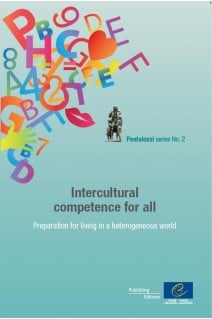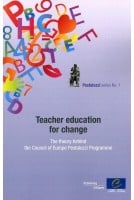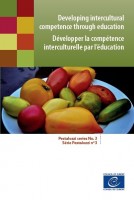


Introduction
Chapter One: Towards a framework for intercultural education
The dimensions of intercultural education
Towards indicators for intercultural understanding
Chapter Two: Exchanges, partnerships and recognition
Intercultural education and pupil exchanges
Intercultural education and school partnerships
Intercultural education and the recognition of achievement
About the contributors












Attention, en vertu de nos conditions générales de vente, l'achat des PDF/epub est réservé aux particuliers.
